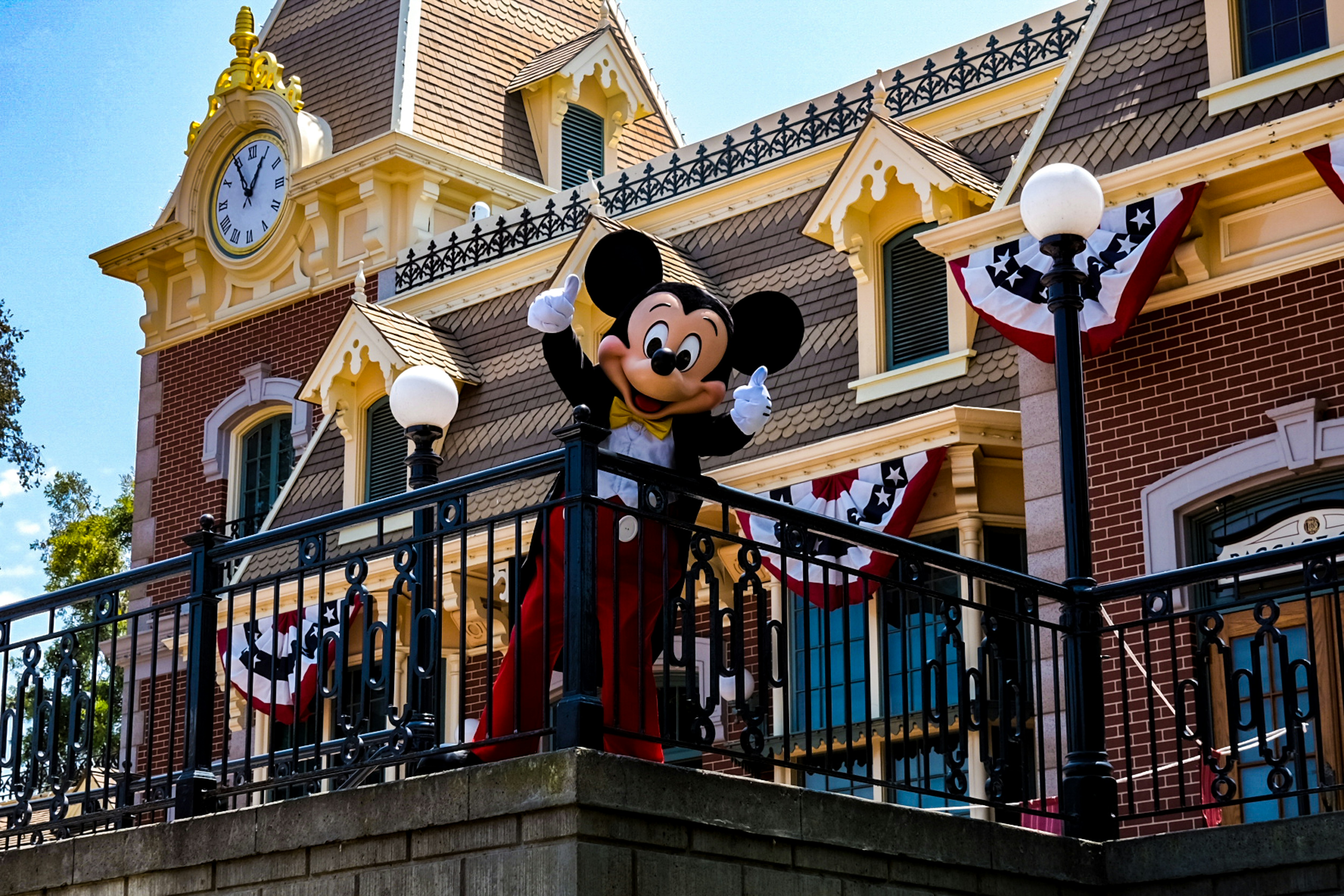Walt Disney World is famous for magic, fairy tales, and unforgettable memories, but behind the scenes, things work a little differently. Cast members, the employees who bring Disney characters and attractions to life, use a series of secret codes to handle everything from minor spills to medical emergencies.
The past two weeks have been bleak at Disney World, with three guests dying at the resort in just ten days, two of whom were ruled suicides. While these tragic events are rare, they highlight the serious situations cast members sometimes face, quietly, behind the scenes.

via Canva
So, how do Disney staff manage tricky situations without ruining the magic for guests? Here’s a full list of the secret codes they use and their meanings, according to The Exploreist.
Code V
This one is probably the most famous. When someone gets sick, cast members announce a Code V. The area is blocked off and cleaned before anyone else sees it, and if it happens on a ride, the attraction may pause briefly. This keeps the park clean and prevents guests from feeling grossed out.
Code Winnie
Used mostly on Disney cruises, Code Winnie indicates that someone has urinated in the pool. Inspired by Winnie the Pooh, the code helps cast members address the problem discreetly without alarming other guests.
AFR (Accidental Fecal Release)
Similar to Code Winnie, AFR signals that a guest has had a toilet accident in a pool area. The pool may need to be closed for several hours to clean and rebalance chemicals before reopening.
Friends of…
Cast members often refer to themselves as a “friend of” a character, rather than saying they’re playing a character. For example, someone might be a “friend of Donald Duck.” This helps maintain the fantasy world and keeps children believing their favourite characters are real.
Signal 25
This code signals smoke or fire. Cast members can discreetly communicate that there’s a hazard without causing panic, and take quick action to manage the situation.
Alpha Unit
If an Alpha Unit is called, it means emergency services are on the way to help a guest or Cast member who needs medical attention. Using this code prevents guests from panicking while the person in need gets privacy.

Credit: Steven Beyer on Unsplash
Pool Whistles
Lifeguards and pool staff use whistles to communicate:
- Single whistle: A lifeguard is entering the pool to help someone.
- Two whistles: An announcement is coming, like a pool closure or Code V/AFR incident.
- Three whistles: Serious medical emergency, everyone reacts immediately, and Alpha Units may be called.
White Powder Alert
If someone tries to scatter cremated ashes in the park, White Powder Alert is called. The area is evacuated and cleaned, and sometimes a Code 101 is triggered to close the attraction until it’s safe.
Signal 70 or Lost Adult
If a child gets separated from their group, Cast members use Signal 70, sometimes called a “lost adult,” to locate them without making the child feel scared or guilty.
Code 101 and Code 102
Code 101 is for when an attraction, area, or show needs to close, for example, due to weather, technical problems, or safety issues. And Code 102 signals that the ride or area is safe to reopen after the issue has been resolved.
Treasured Guest
This is a polite way to refer to a disruptive visitor. It allows Cast members to handle difficult situations professionally while keeping the park enjoyable for everyone else.
Backstage vs On Stage
“On stage” areas are visible to guests, cast members stay in character here. “Backstage” areas are hidden, where employees can relax and step out of character.
For more like this, like The Tab on Facebook.
